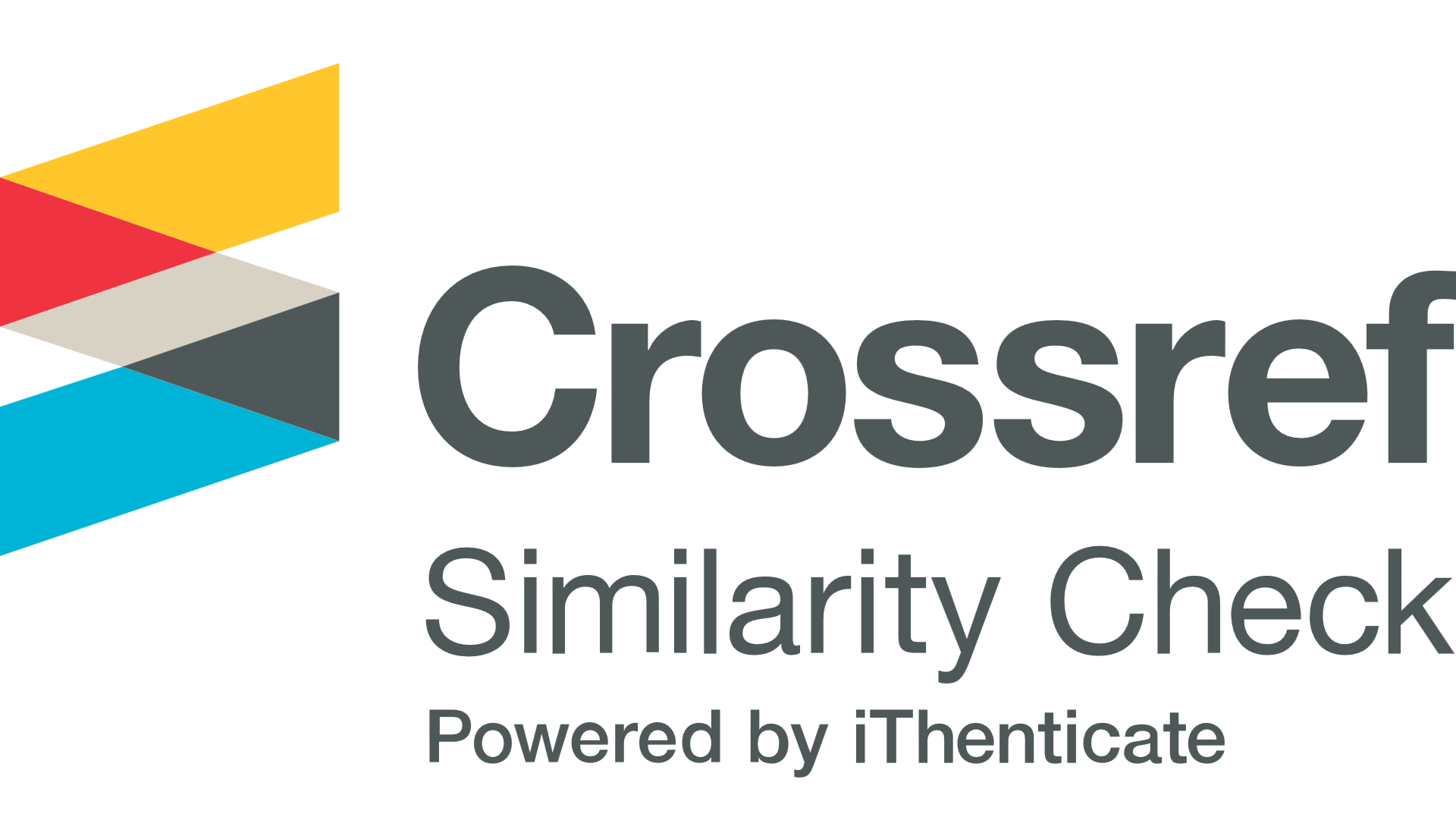Performance Evaluation of RSA Variants For Network Security Using SIP
Abstract
Networks and especially network security, have recently become an area of essential concern in data communication due to the ever-present need for data security. Especially that data is to be exposed to the public and traveled from one network to another. Recently, network security has had to be carefully deployed in data communication, especially real-time communication, such as voice over the Internet protocol. SIP is a real-time protocol that functions as a call initiator and controller, ensuring its communication is secure through various means. A cryptographic algorithm is a promising approach to secure SIP end-to-end communication. However, that does not come without cost and penalty, especially with performance. In this paper, we looked at how the SIP server performs using different RSA algorithms, including RSA-Standard, RSA Chinese Remainder Theorem, and Multi-prime RSA, by measuring CPU usage and how quickly calls are answered. The experiment reveals that when applying 1000 calls, the RSA standard consumes the highest CPU percentage. The decryption computations during the inbound calls scenario result in extra CPU usage for the three algorithms. In addition, call response time in all cases is still within an acceptable call response time level to spend 50 ms in higher call load 1000 calls. In sum, from these results, SIP service providers will gain a clear comprehension when it comes to deploying RSA algorithms in their services, which in turn facilitates smooth implementation in the voice communication industry and provides benchmarked material for research communities.





